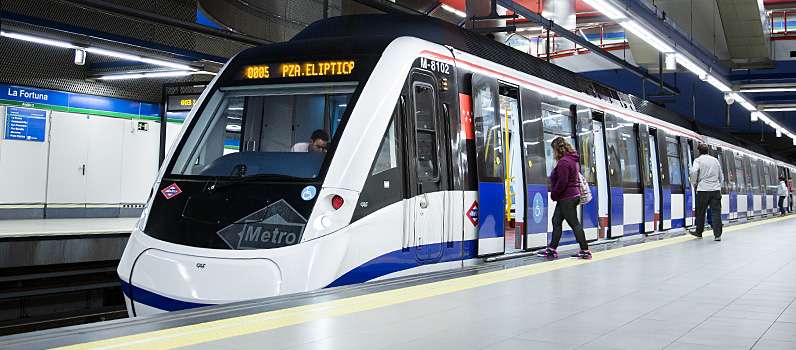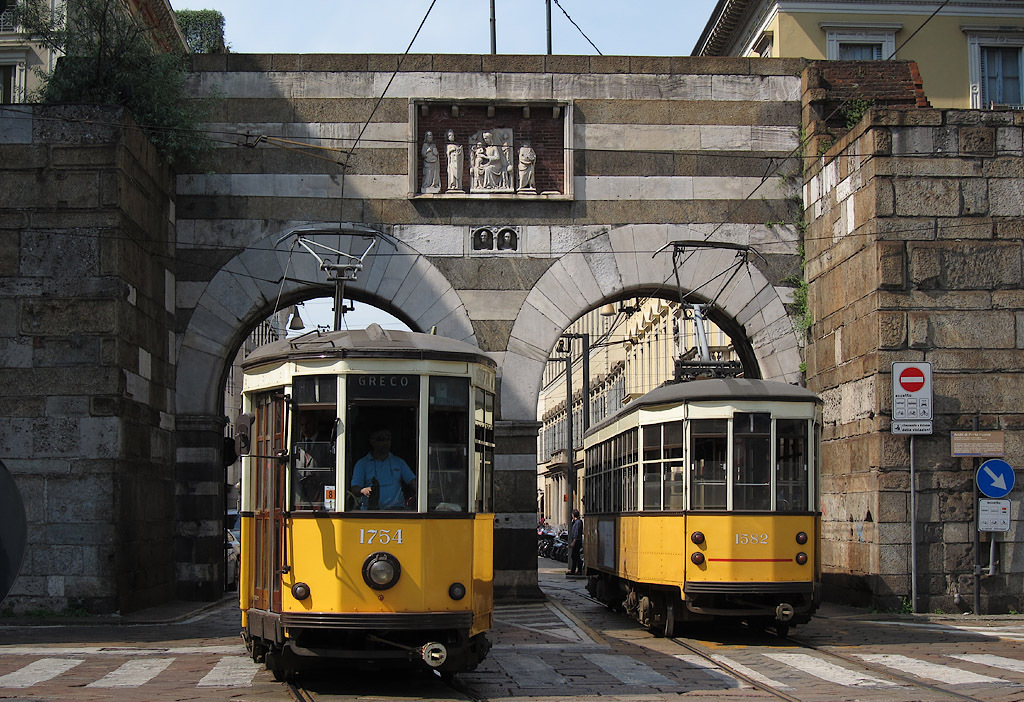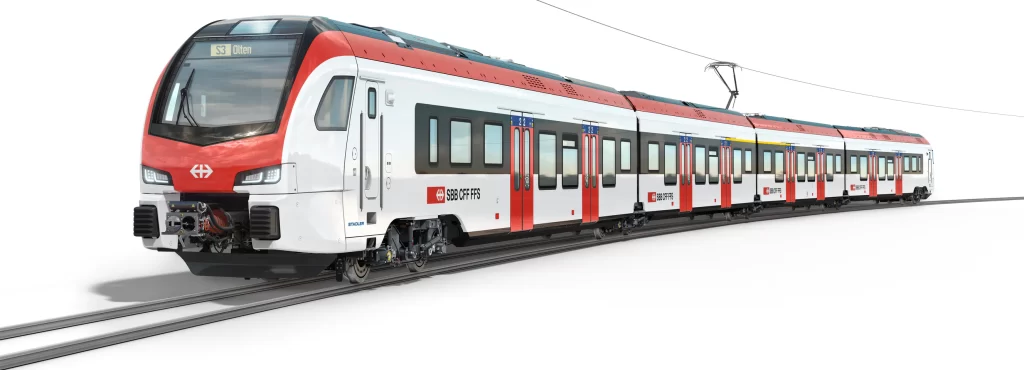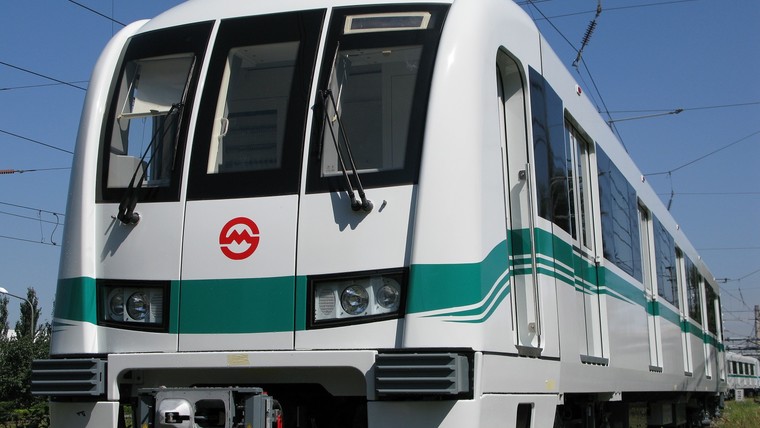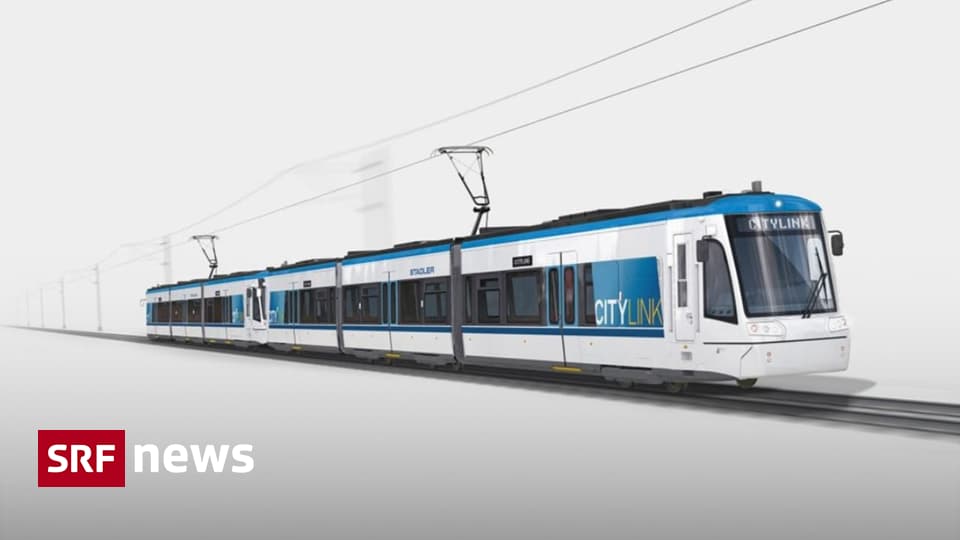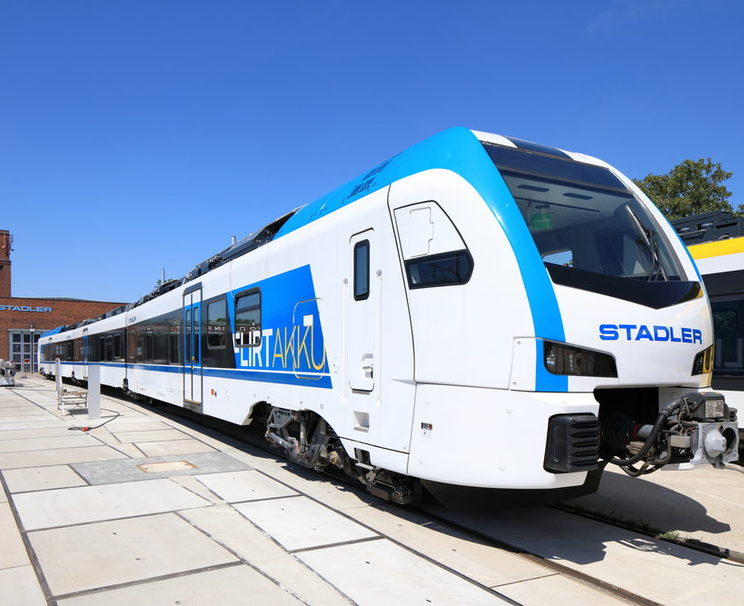CAF awarded contracts in Italy worth more than 150 million euros
Three Italian cities, Cagliari, Naples and Palermo have placed their trust in CAF to make resolute progress in their sustainable urban transport transformation initiatives. The CAF Group will supply electric buses to Cagliari in Sardinia,…
